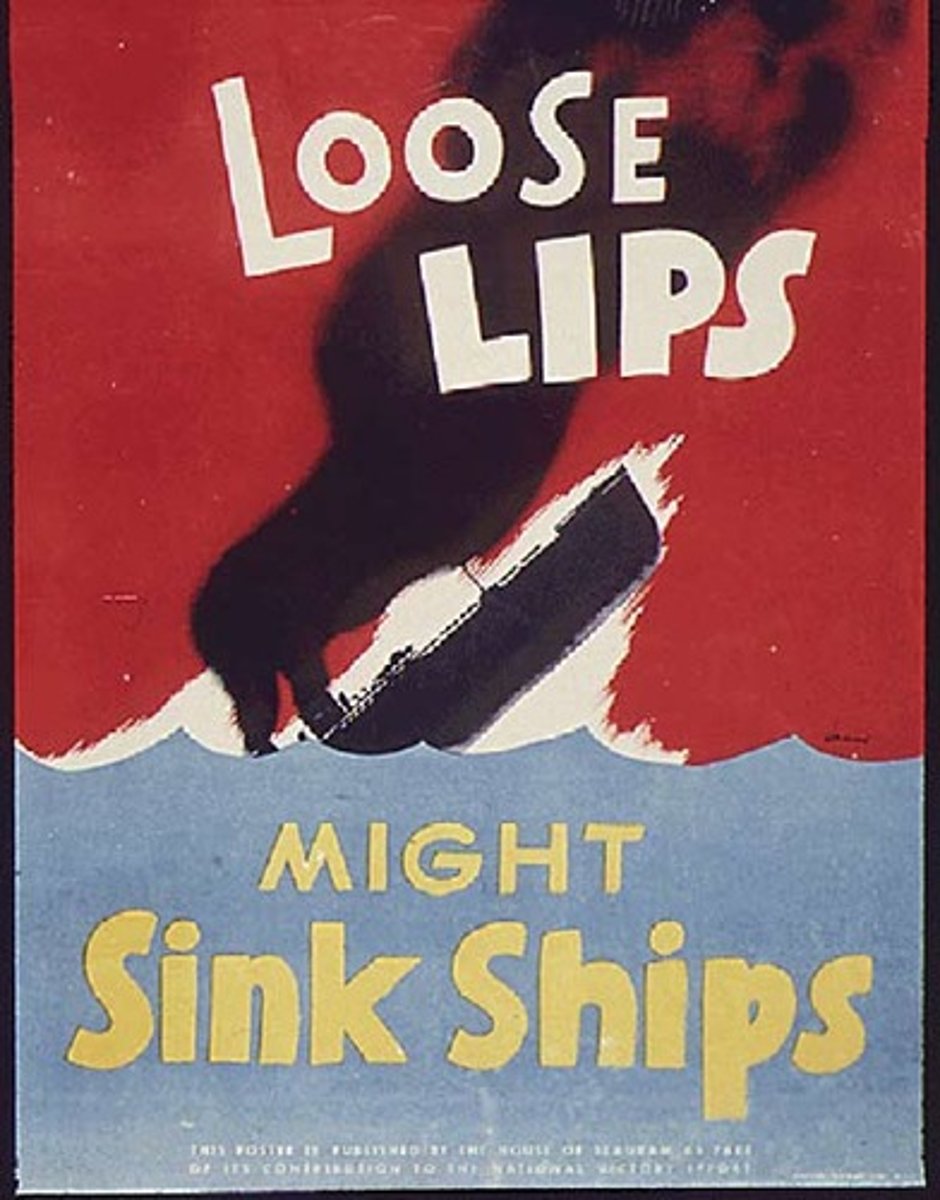Bill of Rights/Constitution
1/20
There's no tags or description
Looks like no tags are added yet.
Name | Mastery | Learn | Test | Matching | Spaced | Call with Kai |
|---|
No analytics yet
Send a link to your students to track their progress
21 Terms
The Constitution
document that outlines the rules of our government
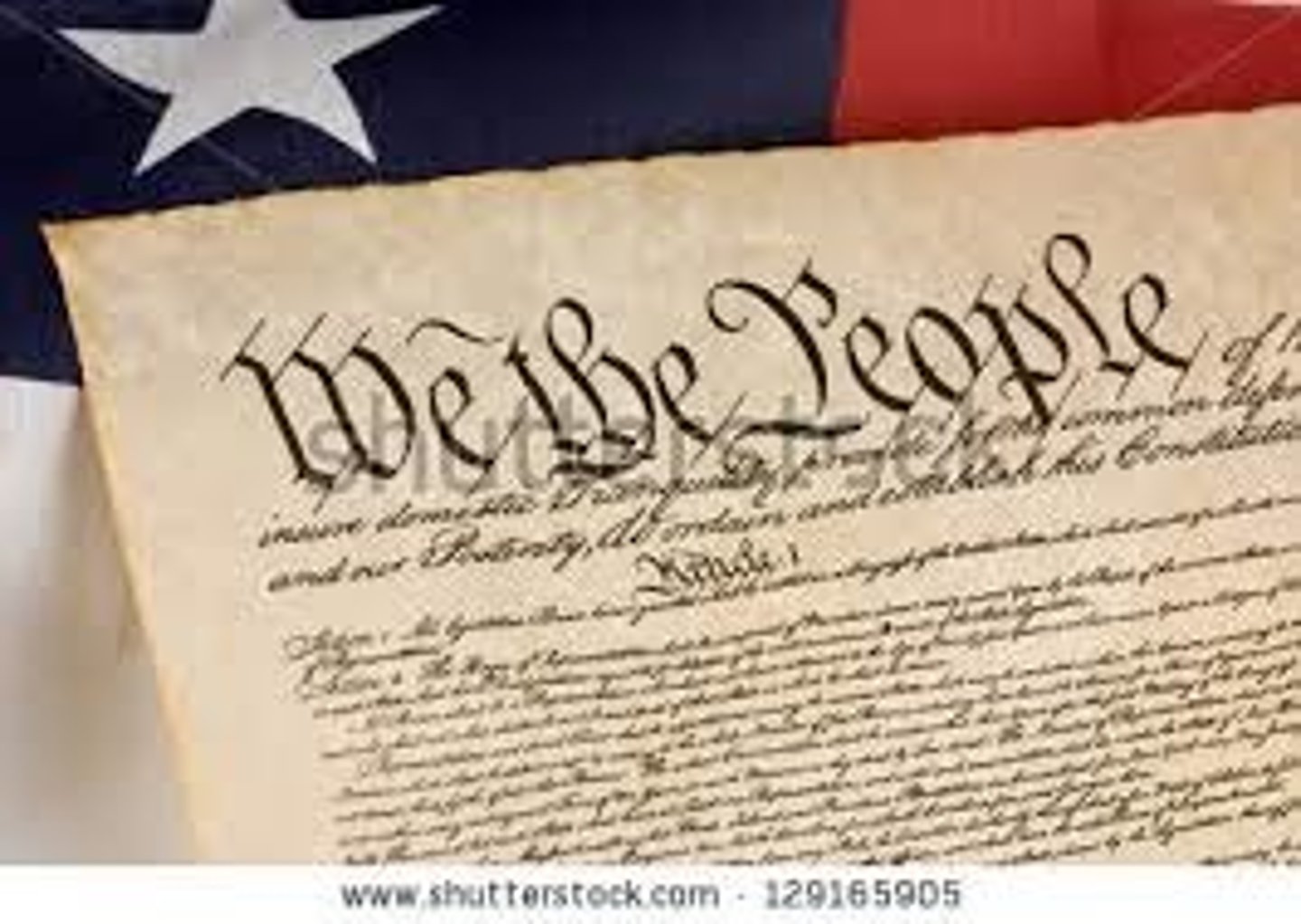
Preamble
Introduction to the Constitution
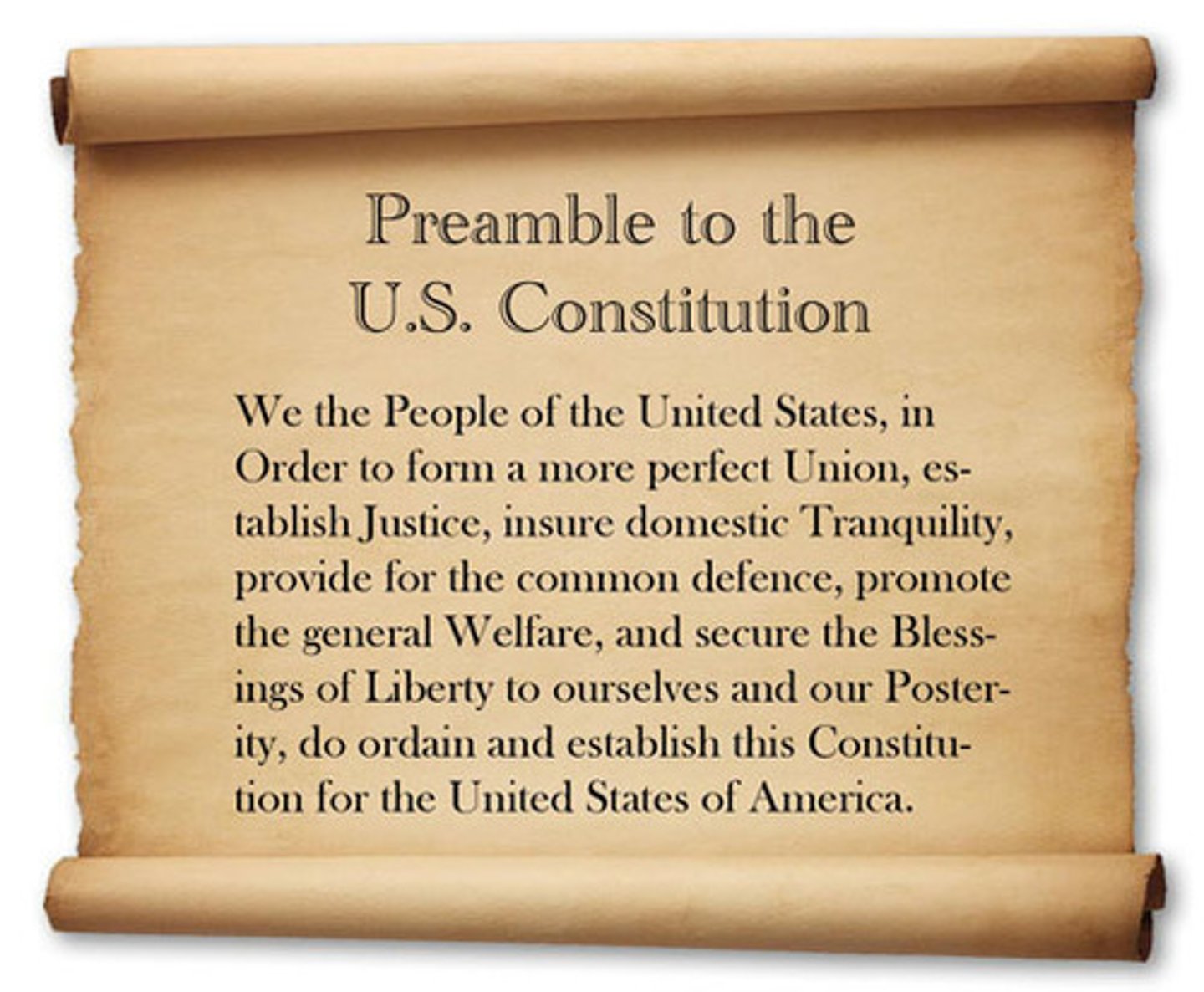
Federalism
Concept in the Constitution that divided the power to govern between a stronger federal government and state governments.
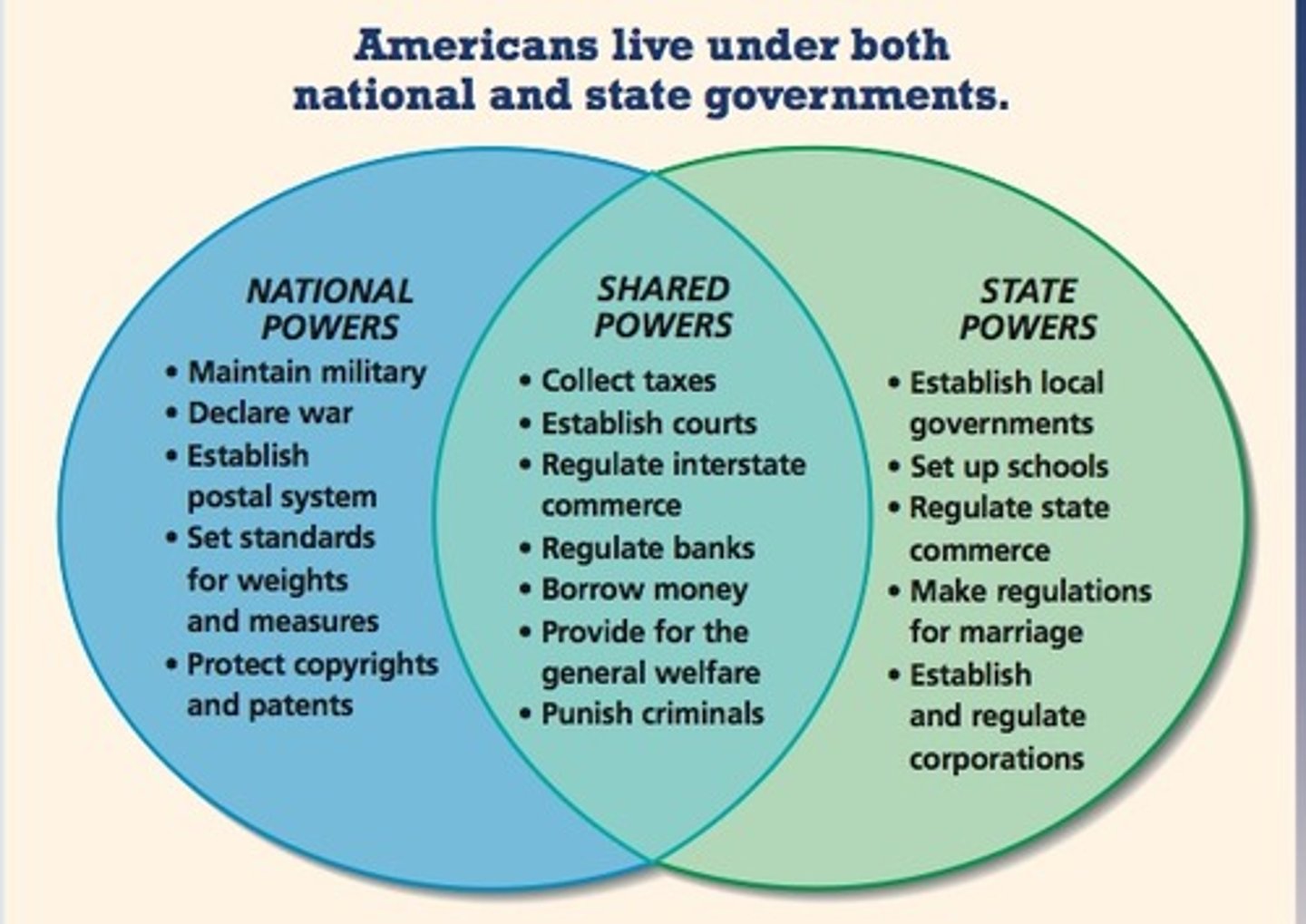
Separation of powers
concept in the Constitution that divided power up between 3 branches, each with their own area of responsibility.
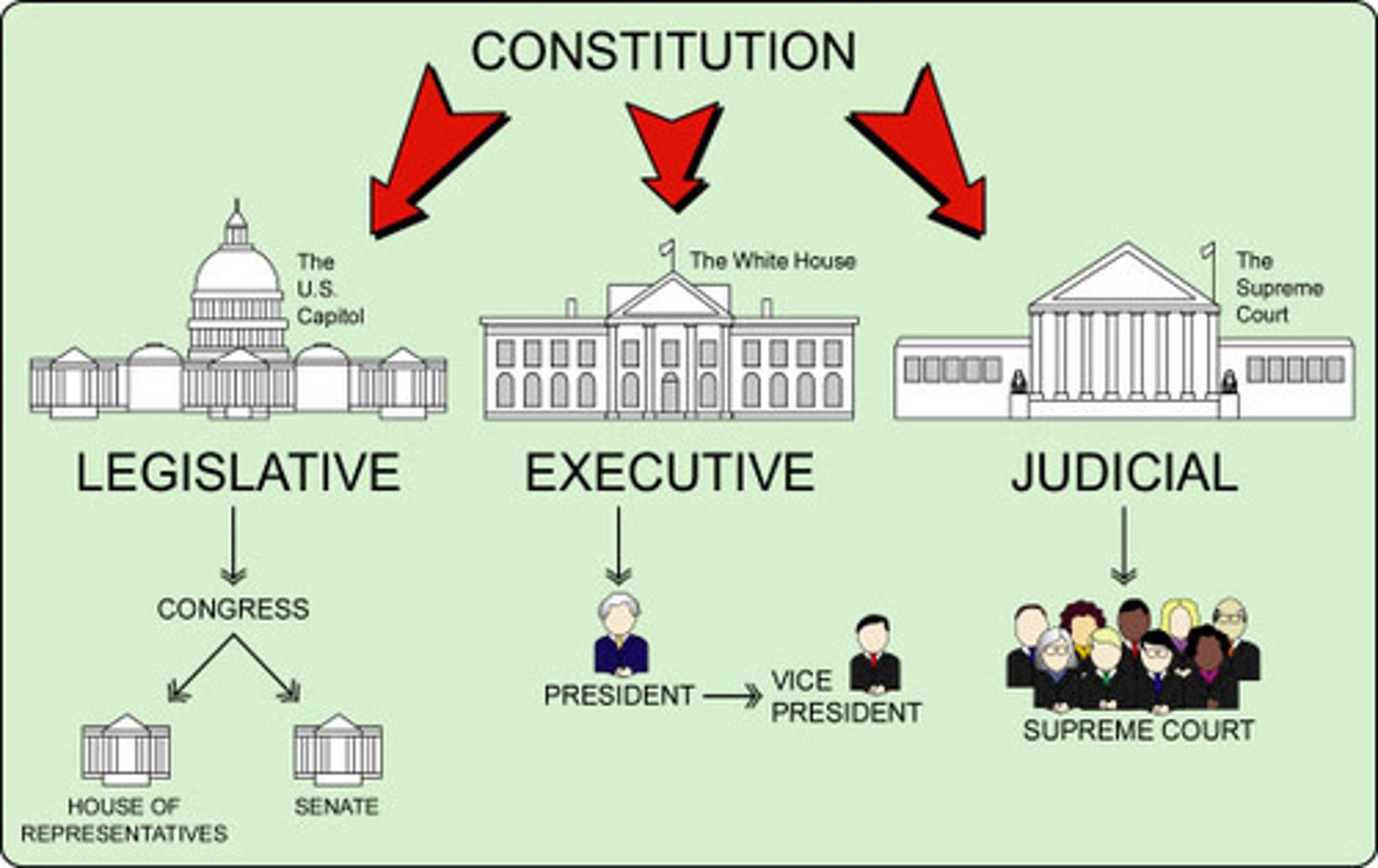
Federalist
person who wanted a stronger federal government. They succeeded in getting the Constitution approved
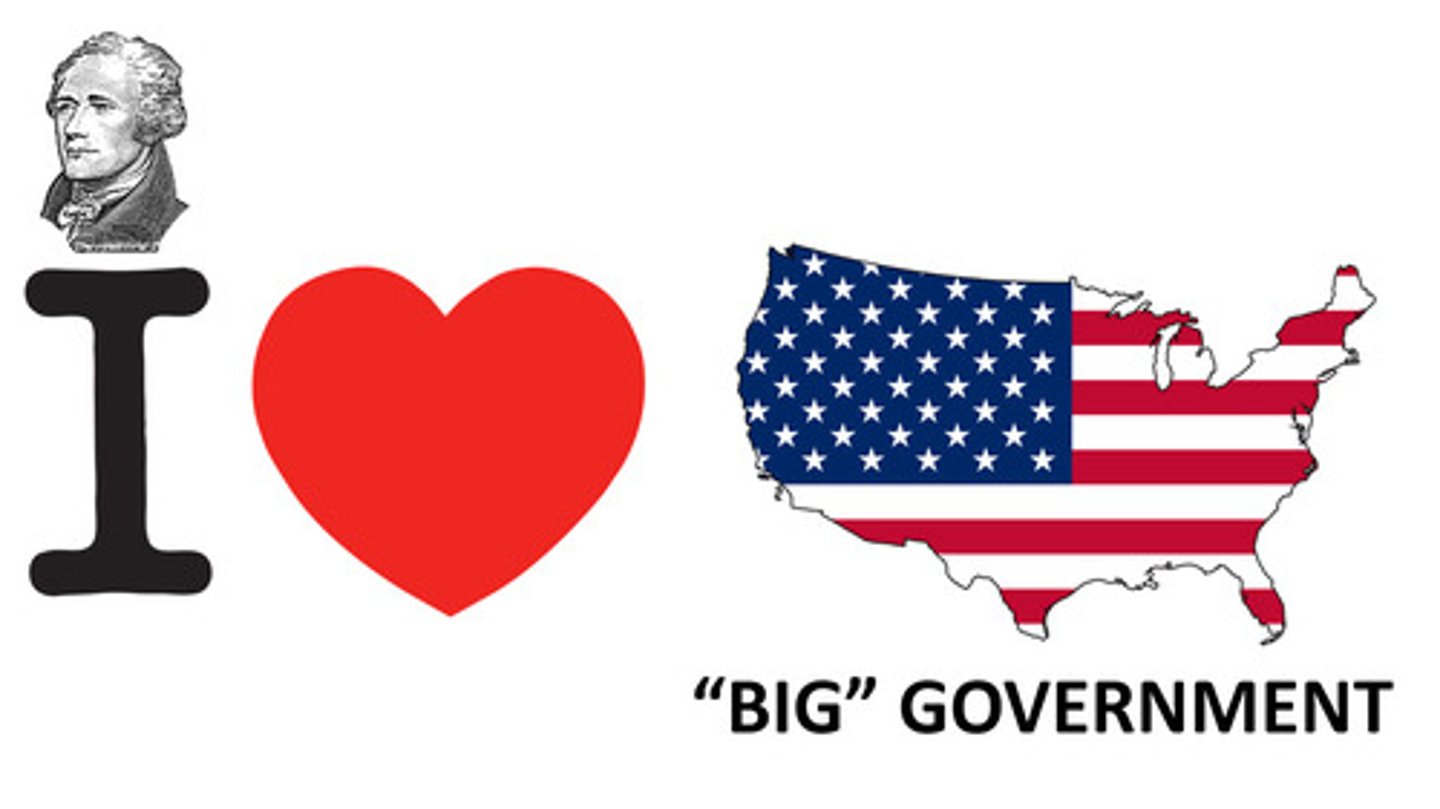
Anti-federalist
Person who didn't want a stronger federal government. They succeeded in getting a Bill of rights added to the Constitution
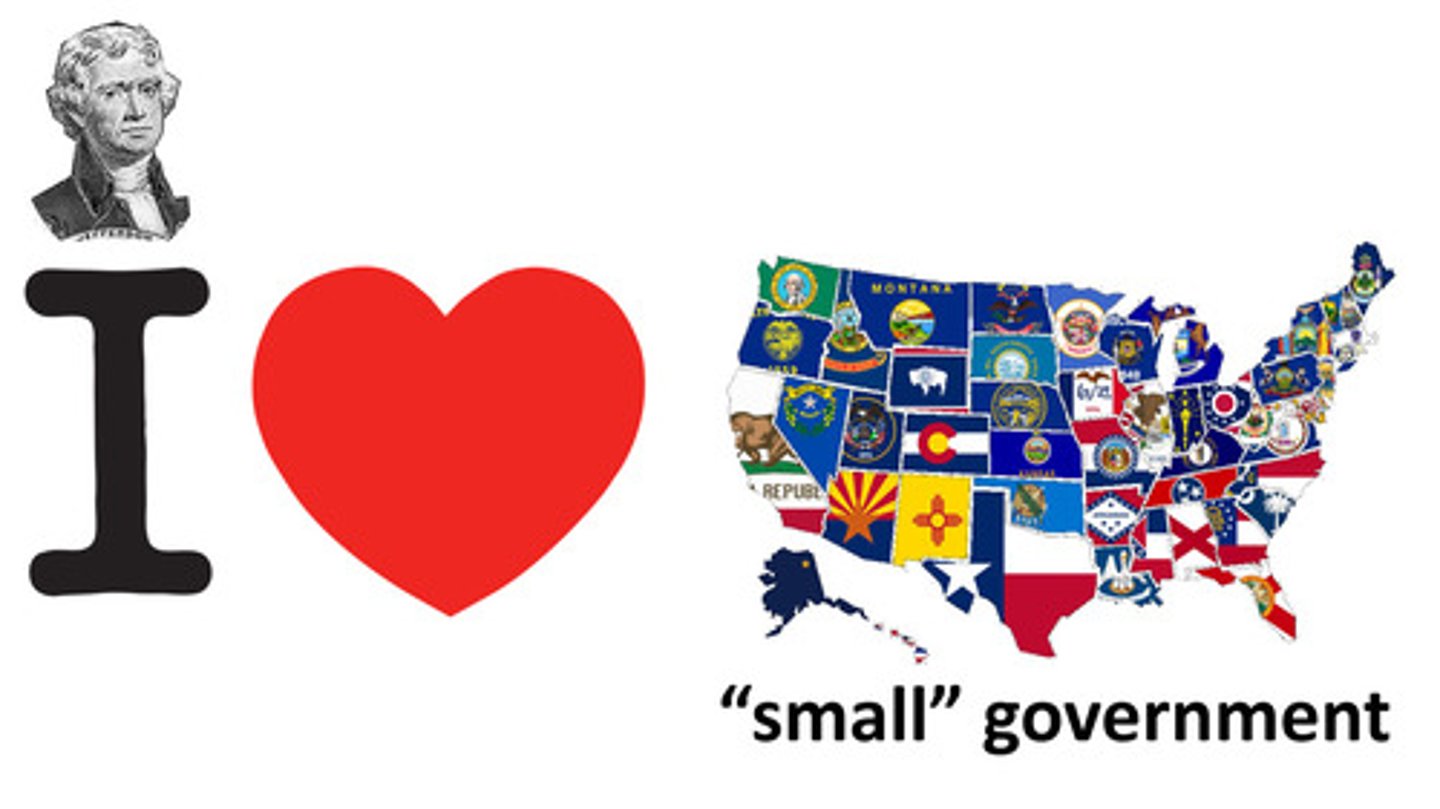
Federalist Papers
a series of 85 essays written by Hamilton, Madison, and Jay (using the name "publius") published in NY newspapers and used to convince readers to adopt the new constitution, also gives us insight into what they were thinking
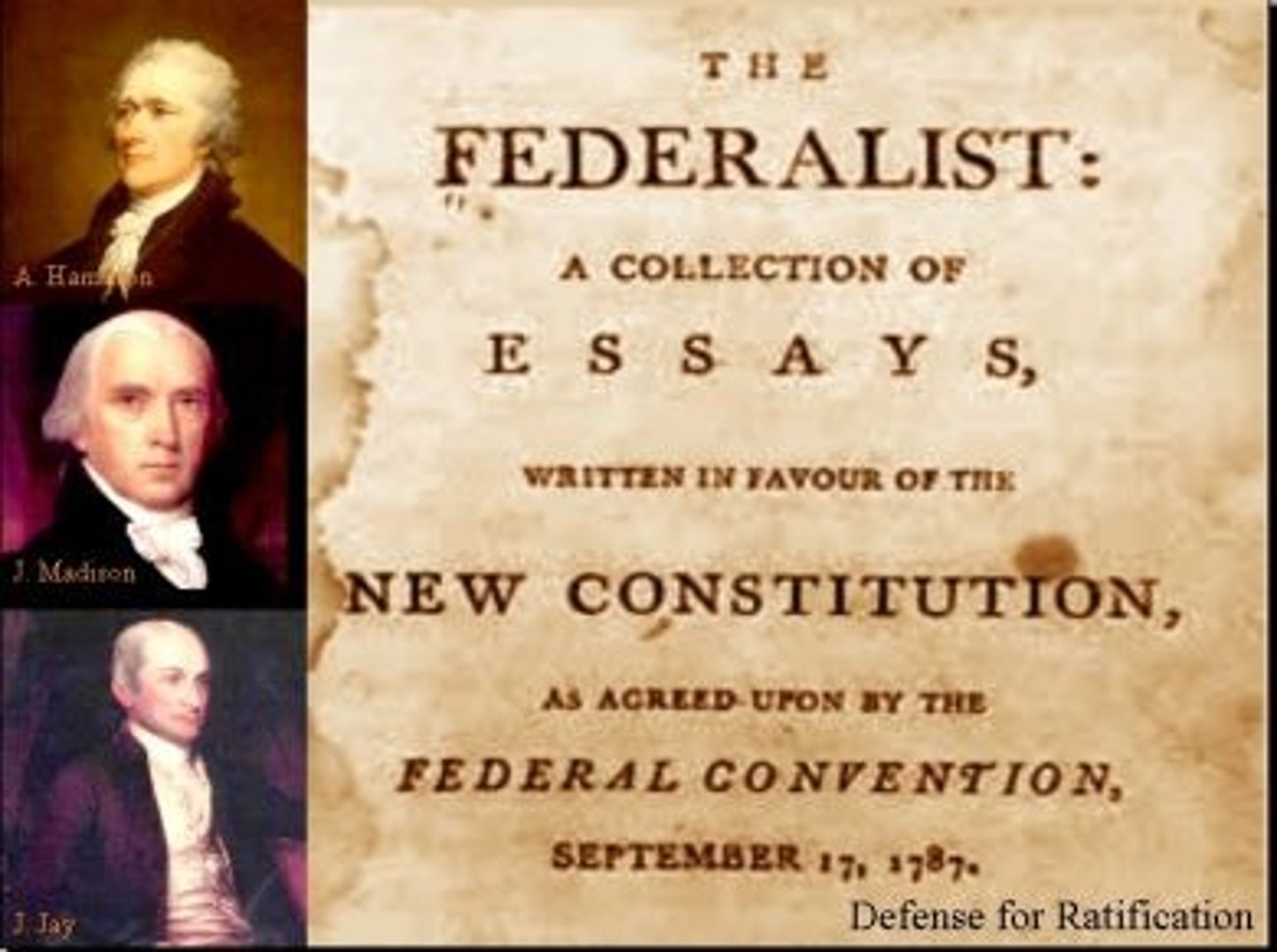
Bill of Rights
first 10 amendments to the Constitution
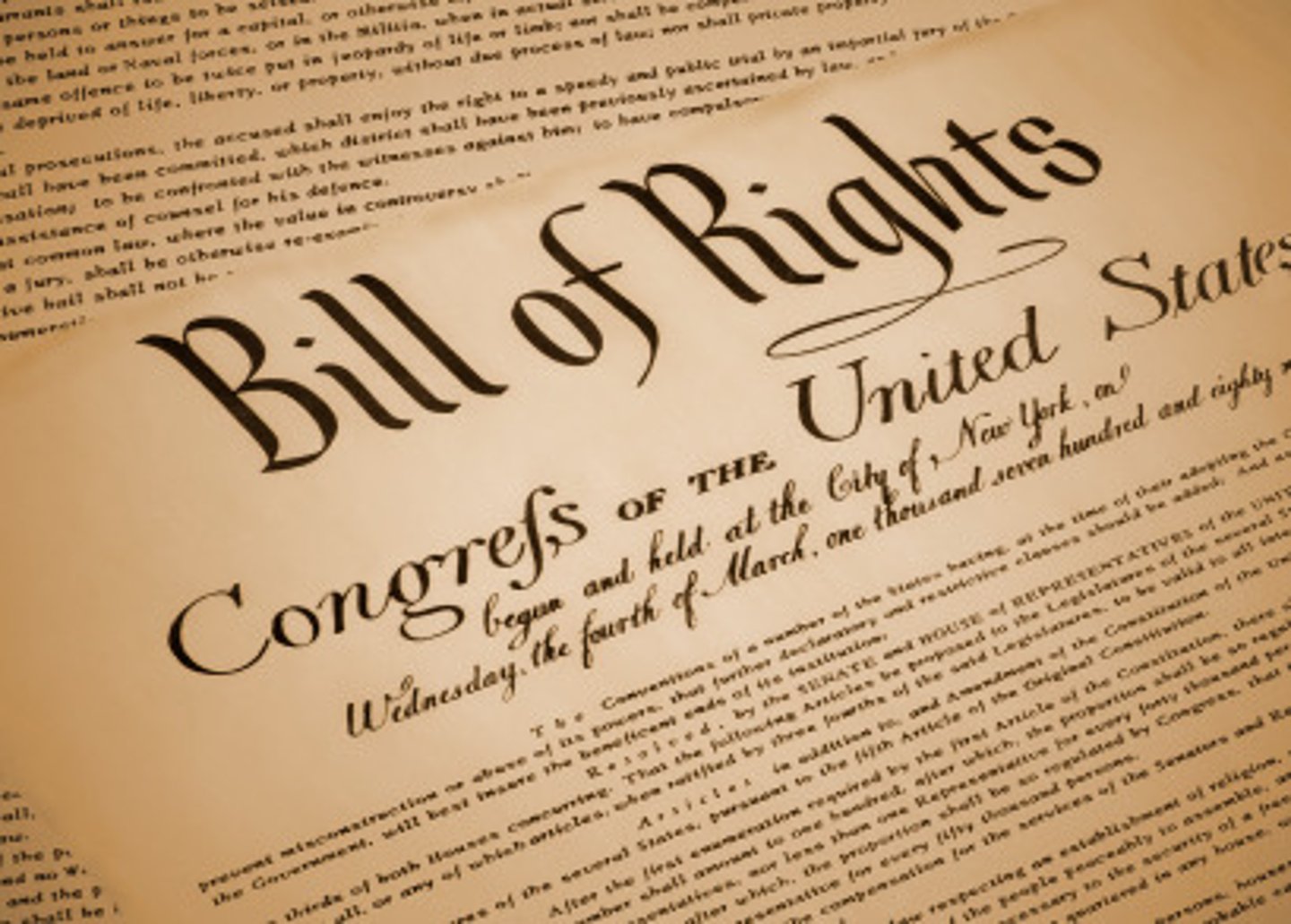
Amendment
A written change to the Constitution. It takes 75% of the states to add these to the Constitution.

interpretation
another way the constitution's meaning can be changed.

First Amendment
5 freedoms: speech, press, religion, assembly, petition

Second Amendment
Right to bear arms

Third Amendment
No quartering of soldiers

Fourth Amendment
Protects against unreasonable search and seizure
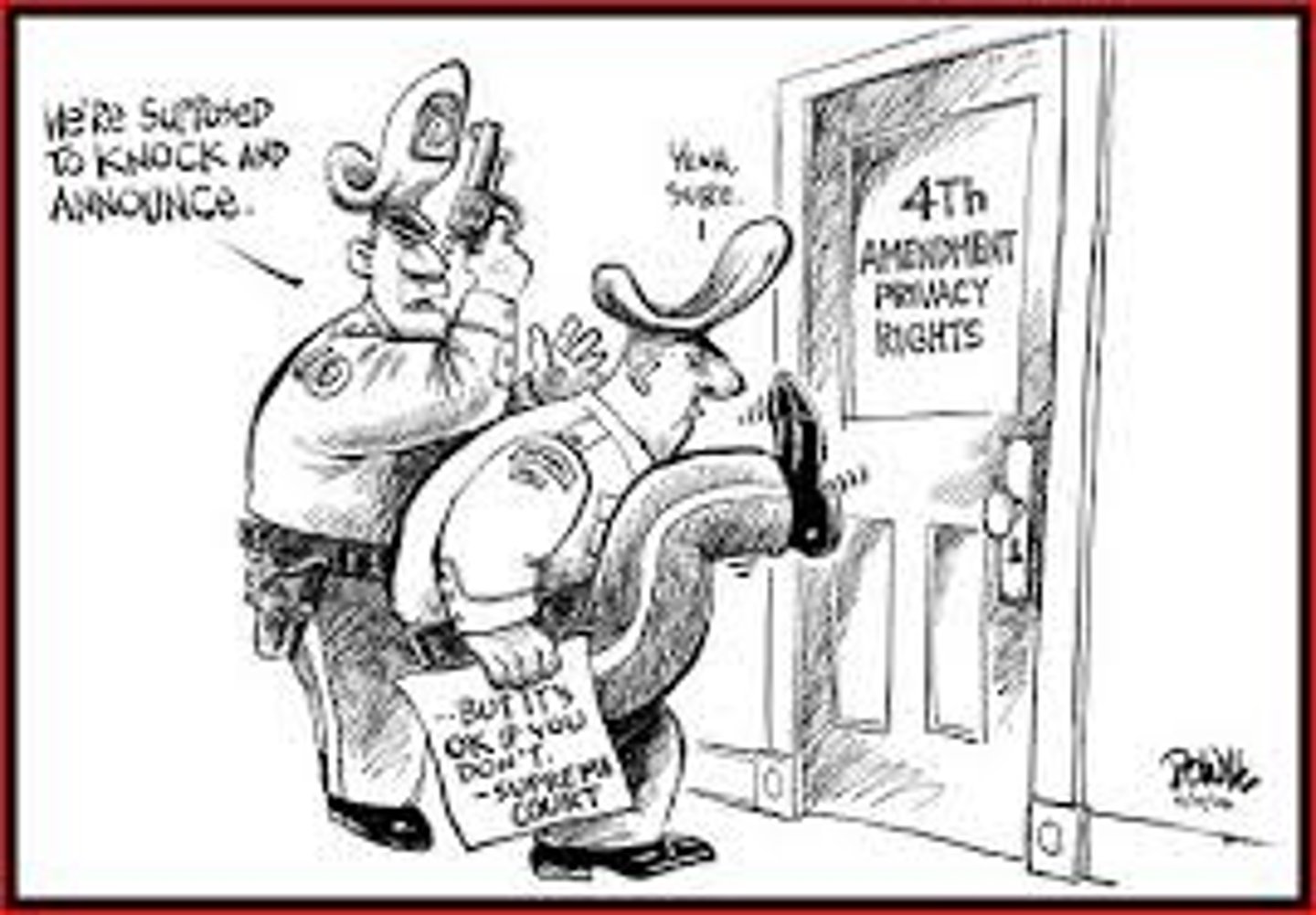
Fifth Amendment
Right to be indicted, right to remain silent, right to due process of law before your life, liberty or property can be taken, no double jeopardy, eminent domain
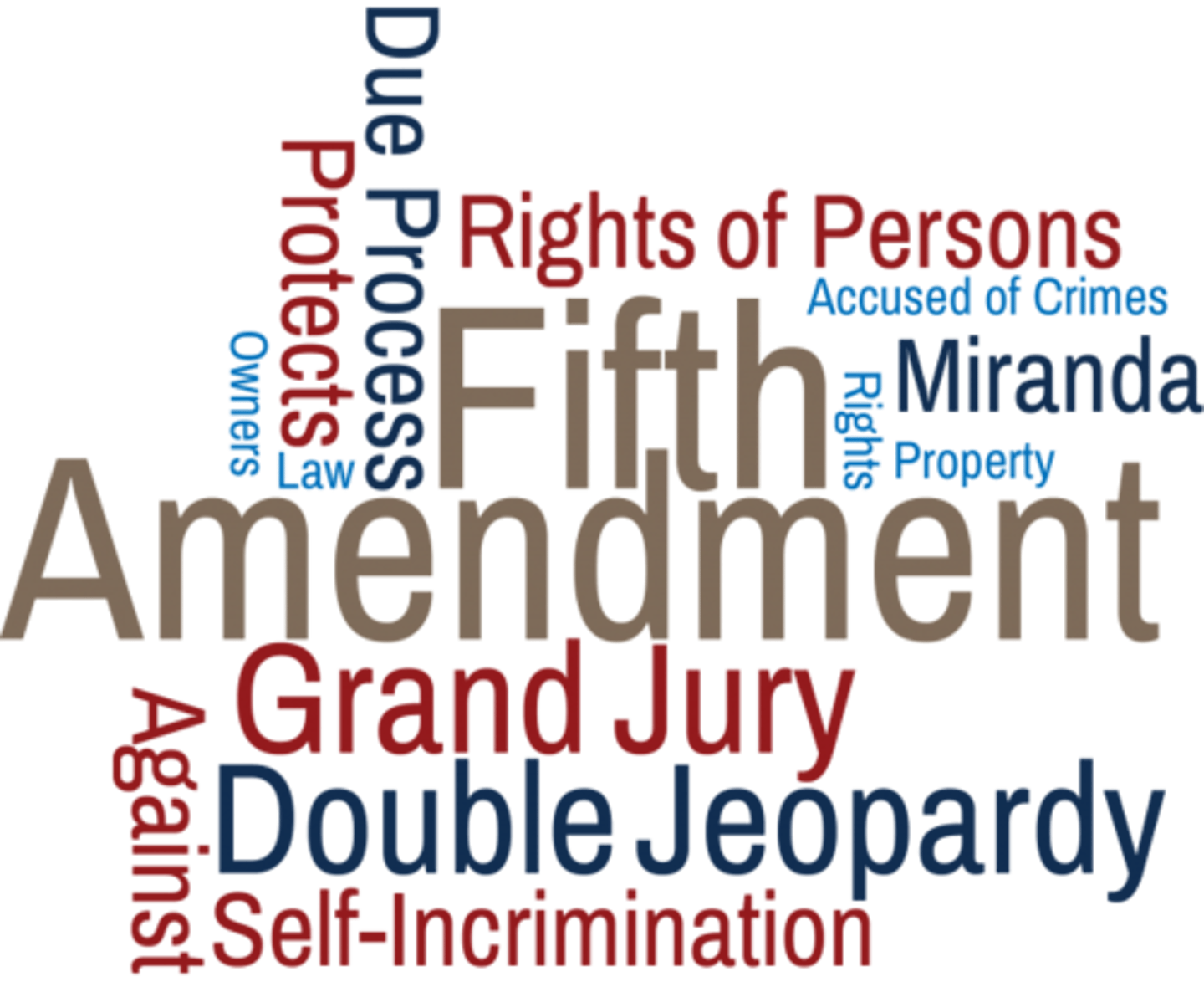
Sixth Amendment
Right to a speedy trial, Right to have the help of a lawyer, right to hear and question witnesses
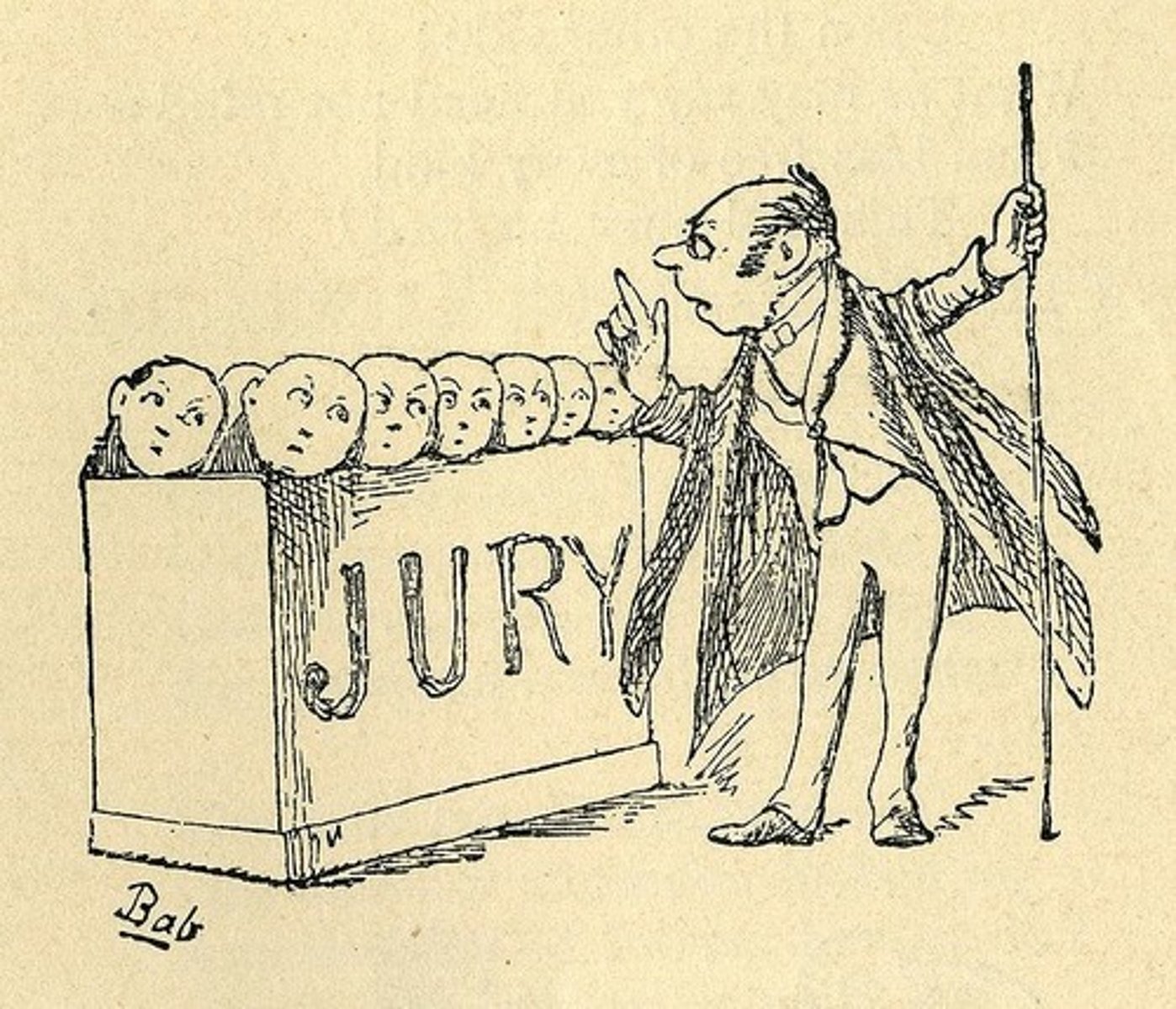
Seventh Amendment
Right to a jury trial in certain civil cases (based on the value of the dispute)

Eighth Amendment
No cruel and unusual punishment, no excessive bail
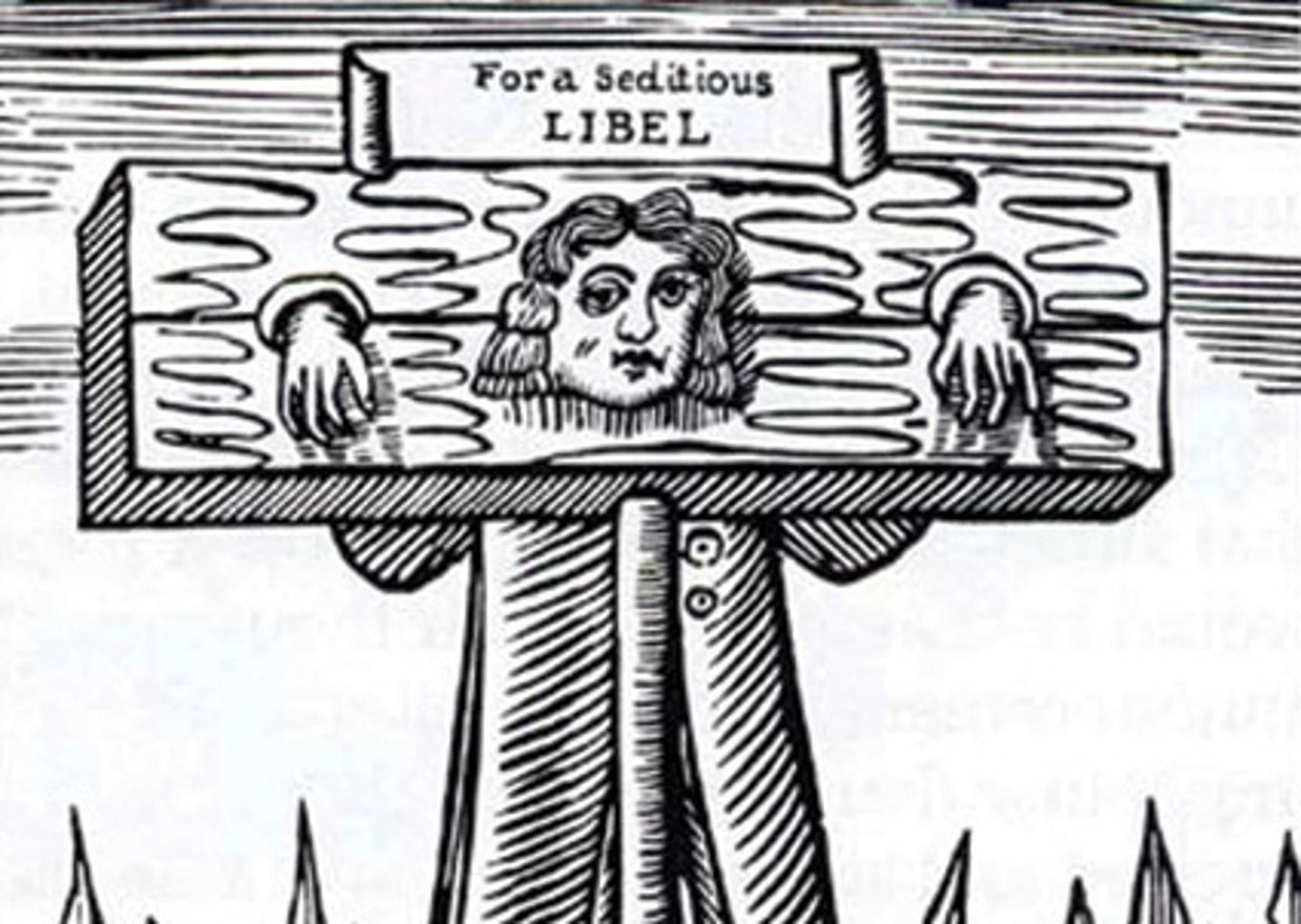
Ninth Amendment
you get more than these 10 rights

Tenth Amendment
states have other rights these are called reserved

Limits on the rights in the Bill of rights. You can't violate any of these by exercising your rights
Clear and present danger; Compelling government interest; National security; Libel or slander;
Public safety; Equal opportunity.
